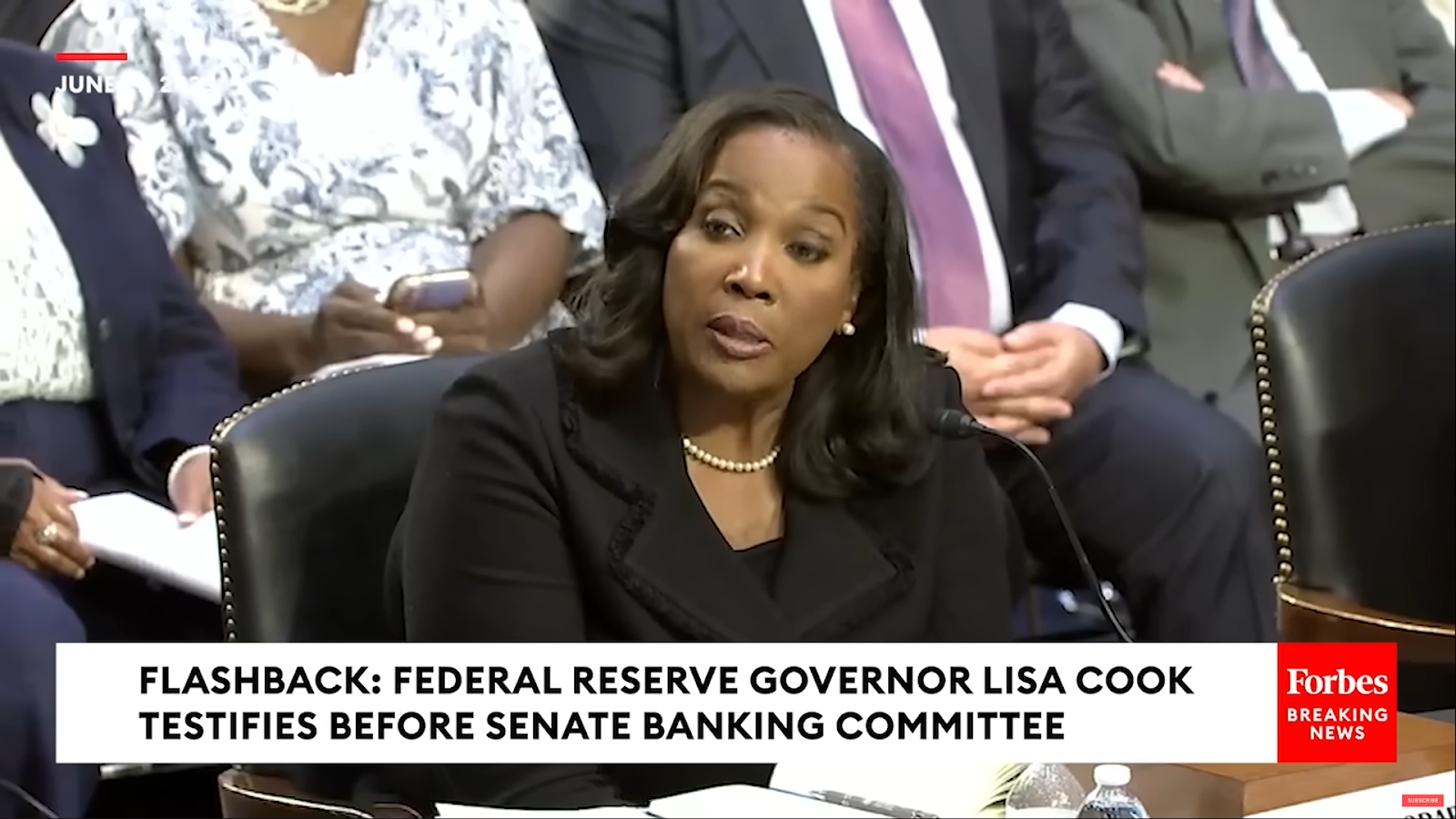The U.S. Supreme Court has opted not to intervene at this time in a case concerning the potential removal of Lisa Cook from the Federal Reserve Board. The decision allows a lower court's preliminary injunction to remain in effect, preventing President Trump from dismissing Cook until the matter is fully argued before the court early next year.
Explainer Trump Admin Appeals Order Blocking Removal Of Lisa Cook
In a one-page order issued Wednesday, the Supreme Court deferred ruling on an emergency application for stay filed by the Trump administration. The court has scheduled oral arguments for January 2026, during which it will consider the implications of the case.
Cook, a Democrat appointee to the Federal Reserve, was announced to be fired by Trump on August 25. The decision was based on allegations made by one of Trump's appointees regarding Cook's involvement in mortgage fraud related to properties she purchased in Ann Arbor, Michigan, and Atlanta in 2021, prior to her appointment to the Fed.
Following the announcement of her firing, Cook filed a lawsuit in federal court, leading to the preliminary injunction issued by District Judge Jia Cobb. The Trump administration subsequently appealed to the D.C. Circuit Court of Appeals, which upheld the injunction in a 2-1 decision.
In its application to the Supreme Court, the federal government argued that the lower court's ruling interfered with the President's constitutional authority to remove members of the Federal Reserve Board for cause. U.S. Solicitor General John Sauer stated, "The Federal Reserve Act broadly authorizes the President to dismiss members of the Board of Governors ‘for cause,’ without further restricting permissible types of cause."
The Federal Reserve Act broadly authorizes the President to dismiss members of the Board of Governors ‘for cause,’ without further restricting permissible types of cause.
The Supreme Court's decision to defer comes amid ongoing debates about executive power and the authority of the President over independent agencies. Critics argue that the judiciary should not interfere with the President's removal authority, while supporters of the injunction contend it is necessary to ensure accountability within federal agencies.
This case marks the second instance this term in which the Supreme Court will address the President's authority to dismiss officials from executive agencies. Last week, the court agreed to hear arguments in Trump v. Slaughter, which also involves the dismissal of a Democrat member from the Federal Trade Commission. Legal experts suggest that these cases could potentially reshape the precedent established in Humphrey’s Executor v. United States, which has historically limited presidential oversight of independent agencies.
As the legal proceedings continue, Cook will remain in her position at the Federal Reserve until the Supreme Court issues a judgment. The outcome of this case could have significant implications for the relationship between the executive branch and independent regulatory agencies, as well as for the broader scope of presidential power.
The Supreme Court's decision to defer ruling allows for further examination of the legal arguments surrounding executive authority and the independence of federal agencies. As the January 2026 oral arguments approach, both sides are preparing to present their cases before the nation’s highest court.
Why it matters
- The Supreme Court's decision allows Lisa Cook to remain on the Federal Reserve Board, impacting executive authority over independent agencies.
- This case could redefine presidential power regarding the dismissal of officials, influencing future governance and accountability.
- The ongoing legal battle highlights tensions between the judiciary and executive branches, raising questions about checks and balances.
What’s next
- Oral arguments are scheduled for January 2026, where the Supreme Court will hear the case's implications.
- The Trump administration's appeal to the D.C. Circuit Court was upheld, maintaining Cook's position temporarily.
- Legal experts are closely monitoring this case for its potential to reshape precedents on presidential oversight.
